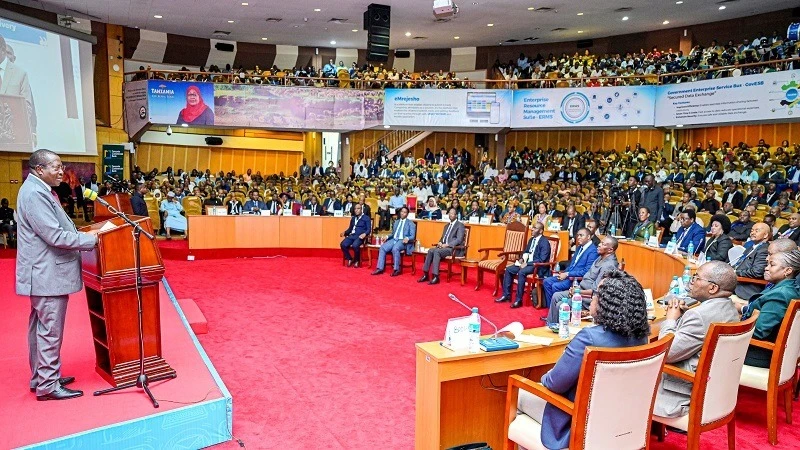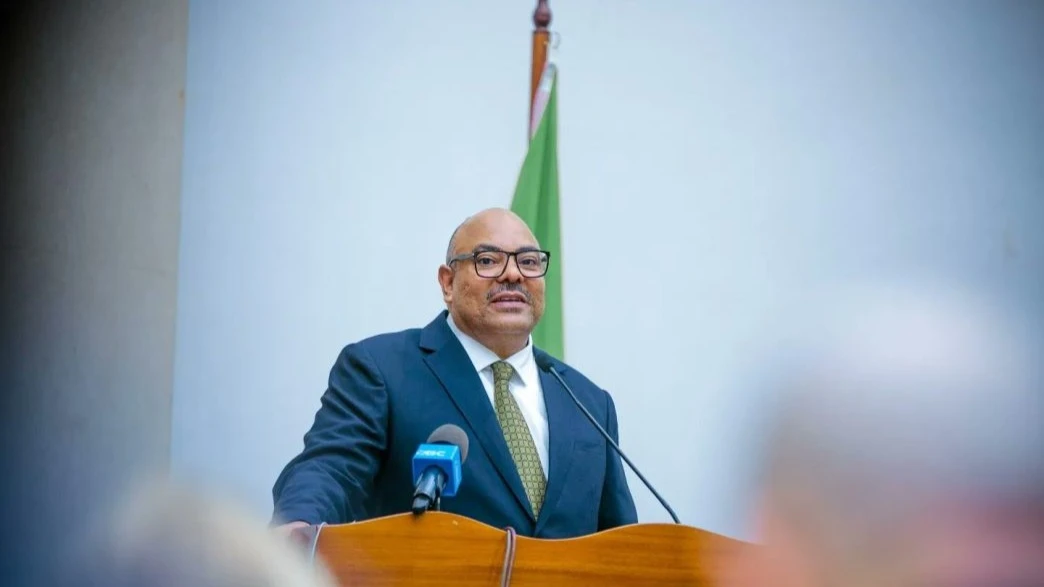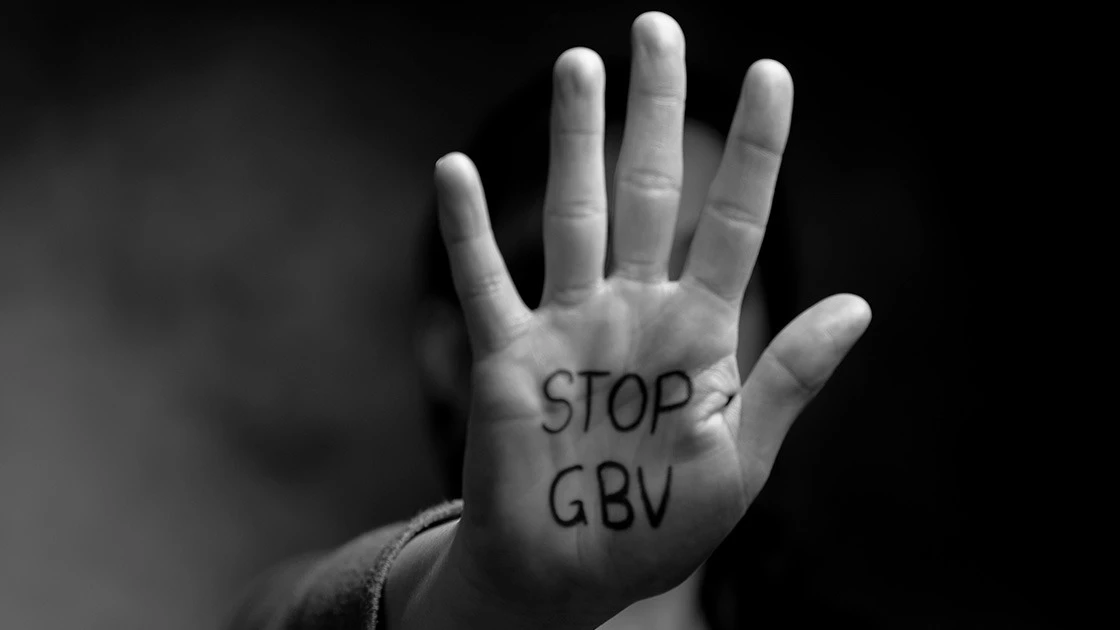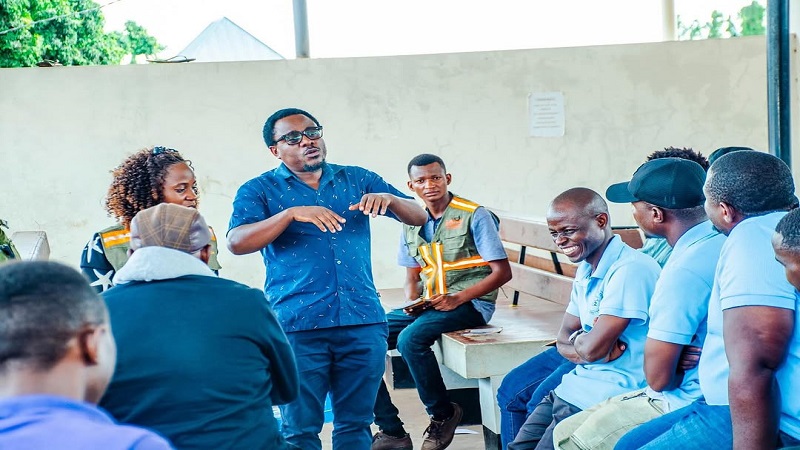Zanzibar police urged to tackle gender-based violence
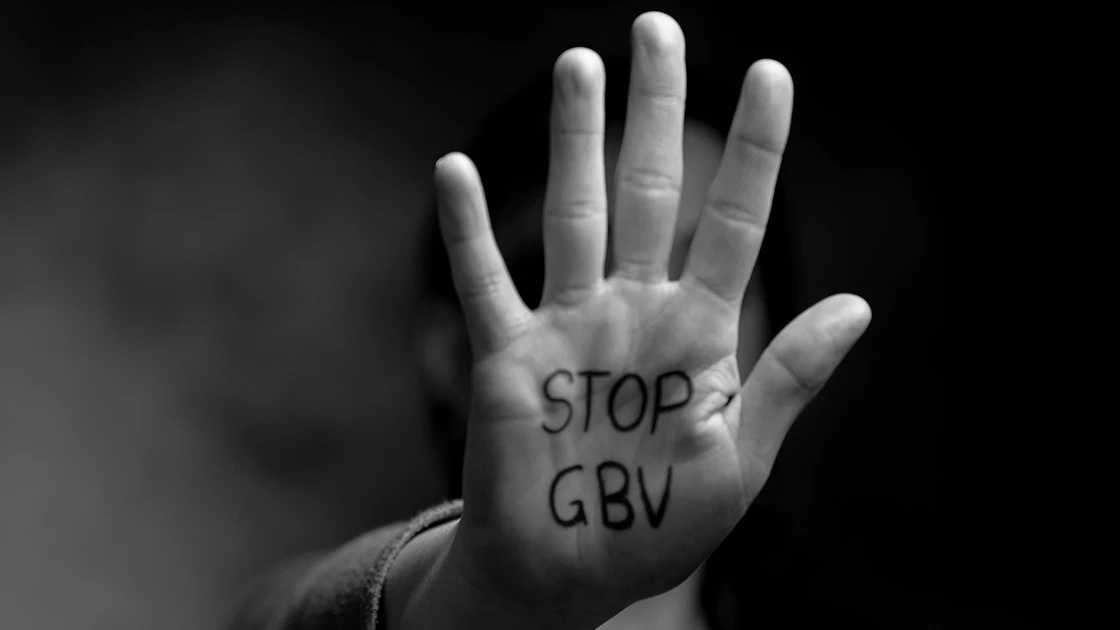
POLICE in Zanzibar has urged officers to beef up efforts in addressing gender-based violence (GBV).
Thomas Chillery, Zanzibar's deputy commissioner of police and head of human resources, said that police officers manning the gender and children's desks should demonstrate diligence, integrity, and patriotism in addressing gender-based violence cases.
Addressing a two-day capacity-building workshop organized by the United Nations Women and the Tanzania Police Force, Chillery said the public continued to witness cases of rape, physical abuse, child marriage, teenage pregnancies, and other forms of violence.
"These incidents violate human rights and hinder national development," he said, adding: "Ending violence against women and children is a shared responsibility. Every officer must play their part in ensuring Tanzania is a safe place where the rights of women and children are fully protected."
He said between January 2024 and December 2024, a total of 1,116 gender-based violence cases were reported to the police, reflecting a 12.8-percent decrease from the 1,280 cases reported in 2023. Among these, 829 were rape cases and 217 were sodomy cases.
"Although the number of reported cases has declined, more effort is needed to prevent these violations," said Chillery.
Violence is a daily reality for significant numbers of women and children in Zanzibar, the semi-autonomous island archipelago that constitutes part of the United Republic of Tanzania. 14 per cent of women in Zanzibar experience physical violence and almost one in ten women experience sexual violence. One in ten males and one in twenty females report experiencing sexual violence in childhood. More than two out of three children experience physical violence before the age of eighteen years.
Violence is rooted in a number of social, economic and cultural factors that impact community, families, relationships and the manner in which women and children experience their daily lives in Zanzibar. In particular gender inequities and a social tolerance of violence make women and children specifically vulnerable to sexual, physical and emotional violence.
Top Headlines
© 2025 IPPMEDIA.COM. ALL RIGHTS RESERVED








